Owen Smith: Labour leadership 'honour and privilege'
- Published
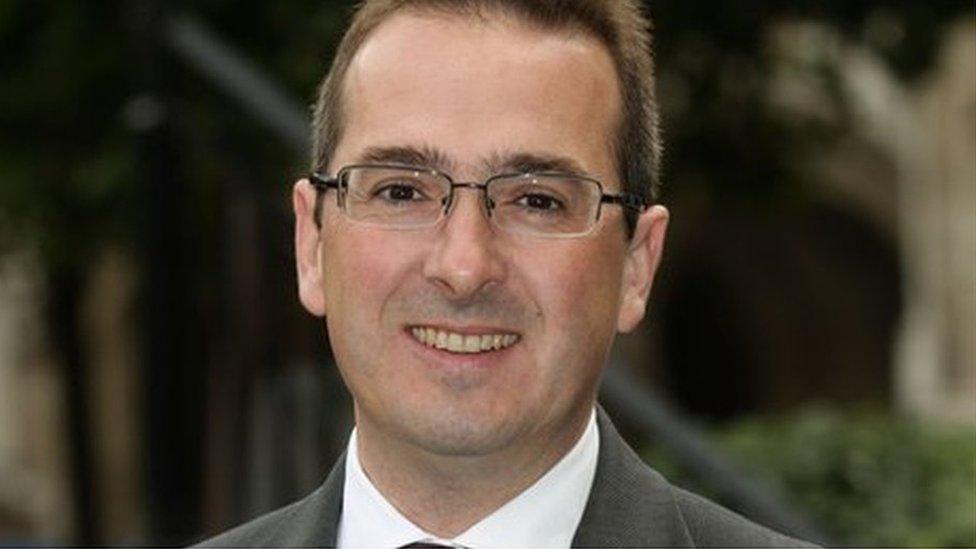
"It would be an incredible honour and privilege".
Earlier this year, Owen Smith laid down a marker for the Labour leadership.
There was, however, a big caveat: "There's no vacancy, I can't see that there's going to be a vacancy."
On that front, nothing has changed. Jeremy Corbyn remains leader of the Labour Party.
But following criticism of Mr Corbyn's efforts during the EU referendum campaign, the resignation of most of Labour's front bench in protest - including Mr Smith from his shadow work and pensions role - and the passing of a motion of no confidence in the leader by the vast majority of the party's MPs, the dynamics within the Labour Party has changed significantly.
It led Mr Smith to say he stood "ready to do anything I can to save and serve the party".
On Wednesday, the Pontypridd MP announced his candidacy for Labour's top job.
The 46-year-old has been a Labour Party member since the age of 16, at which time he was a pupil at Barry Boys Comprehensive School in Vale of Glamorgan, before moving on to study history and French at the University of Sussex.
'Full on'
A career in journalism at the BBC followed, where he plied his trade as a radio and a television producer, including BBC Radio 4's Today and BBC Radio Wales' Good Morning Wales programme.
Lee Waters, now Labour's AM for Llanelli, was hired by Owen Smith to work in the Cardiff newsroom.
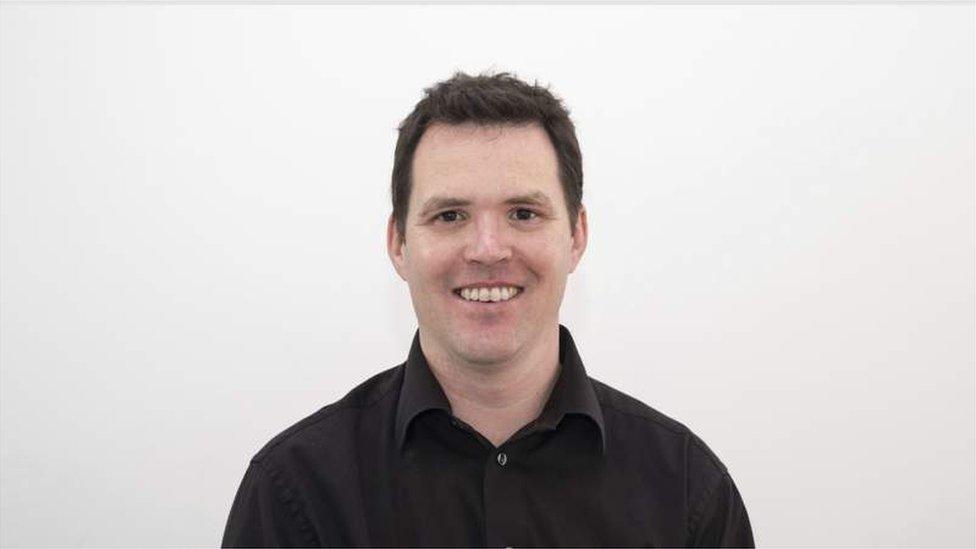
Llanelli AM Lee Waters, who worked with Mr Smith at BBC Wales, says he set high standards
"He was full on! I think that's the best way to describe Owen. Very, very bright, lots of enthusiasm, very little self-doubt, but a very high standard of what he expected.
"To be honest, he was challenging to those above him. He was difficult to manage because he set such a high standard and wouldn't accept any nonsense."
Mr Smith left the BBC to take up a role as a government special adviser to former Torfaen MP Paul Murphy, principally at the Northern Ireland Office.
As with other aspects of his life, Mr Waters said Mr Smith "threw himself into that role" and "within weeks he was deep into the Northern Ireland peace process".
During this period, Mr Waters remembers bumping in to his Labour colleague and his family at Nice airport in France.
"He'd been there on his Blackberry [phone] dealing with Gerry Adams and threats and negotiations while his family were swimming around the pool," he said.
"So, he never switched off, either in journalism or in politics."
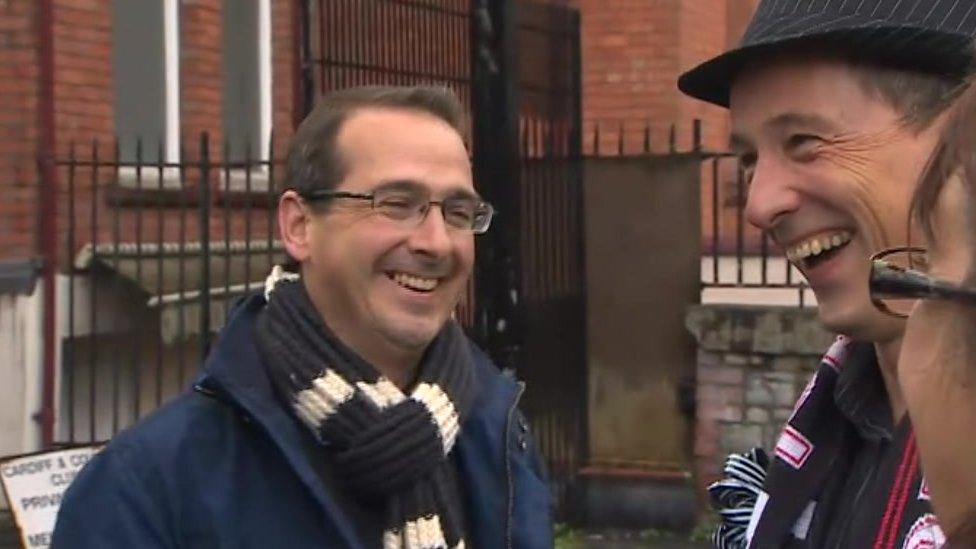
Owen Smith is a big supporter of his home town rugby team Pontypridd
While working as a lobbyist for pharmaceutical company Pfizer, Mr Smith made his first bid for a seat in the House of Commons as he challenged the 2006 Blaenau Gwent by-election for Labour.
But his political breakthrough came in the 2010 general election when he won his home seat of Pontypridd.
He lives in the area with his wife, Liz, and their three children and is often seen in the stands at Sardis Road, home to his beloved Pontypridd RFC.
Frustrated by the lack of top-flight regional rugby in the area, the newly-elected MP spearheaded attempts to create a fifth region - Valleys Rugby.
While his foray into professional rugby ultimately proved unsuccessful, his political career took off.
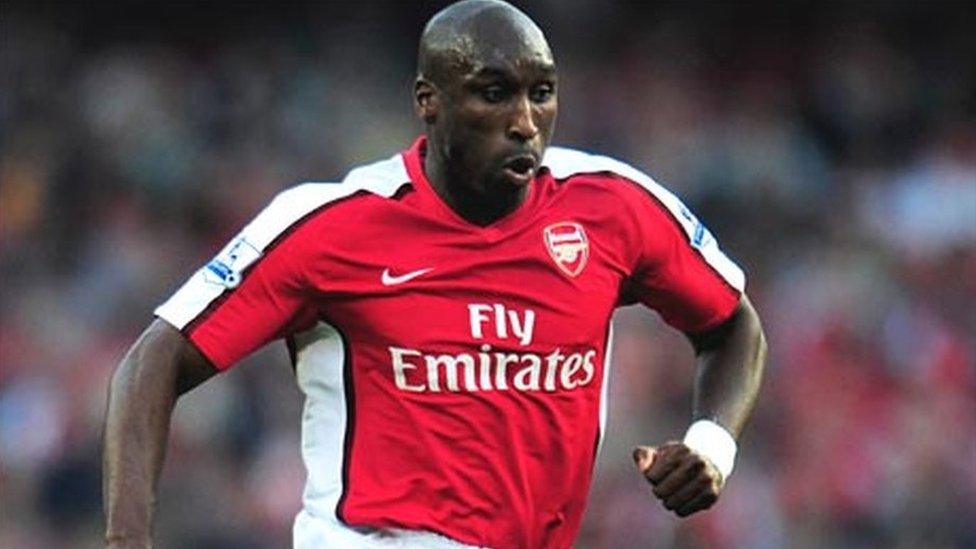
Owen Smith told Sol Campbell he had "zero sympathy" over extra tax he was asked to pay
He rose quickly through Labour Party ranks becoming shadow Welsh secretary before shadowing the work and pensions brief.
Known to be a robust Commons performer, he has also clashed with Labour critics outside the chamber, most notably the former professional footballer Sol Campbell over the party's proposed mansion tax ahead of the 2015 general election.
Kim Howells, his predecessor as MP for Pontypridd, has known Mr Smith "for a very long time, since he was a young lad".
"He's always been very intelligent, very courageous, and he needs that courage now and he needs that energy that he's always shown because this is going to be a battle for Labour's future, I think, for its life," he said.
Mr Smith is regarded by some as a better bet against Mr Corbyn because of his record - he was not an MP during the Iraq war debate and voted against air strikes in Syria.
'Combatant, not commentator'
Others, of course, disagree, pointing to his support for a cap on welfare benefits.
"He's got a rich understanding of Labour history and he wants to be part of it," Mr Waters said.
"I remember hearing him give a speech once to a Labour Party fundraiser where he said he was in politics because he wanted to be a hero.
"He'd read the history of the 1945 Labour government and he wanted to be like them, he wanted to make his mark.
"You can see from his progress and the energy he's put into it, he's not sitting still."
As Labour MPs clashed with Mr Corbyn at the start of the year, Mr Smith described himself as a "combatant, not a commentator".
But he is about to embark on a bloody internal battle which may prove fatal to the Labour Party.
- Published13 July 2016
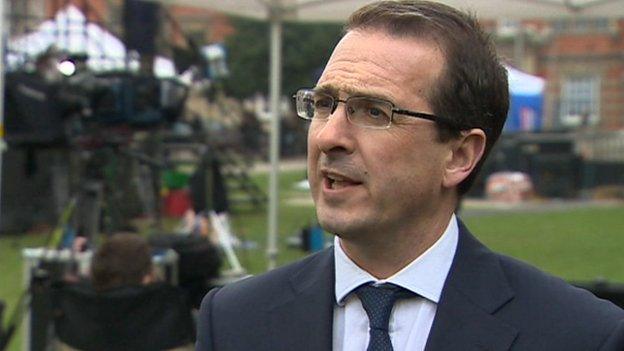
- Published13 July 2016

- Published19 June 2016
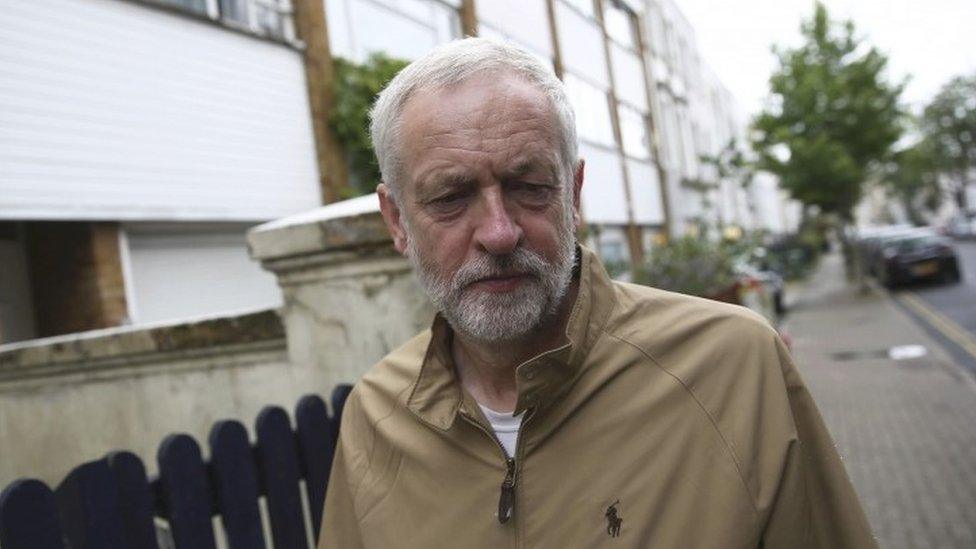
- Published16 September 2015
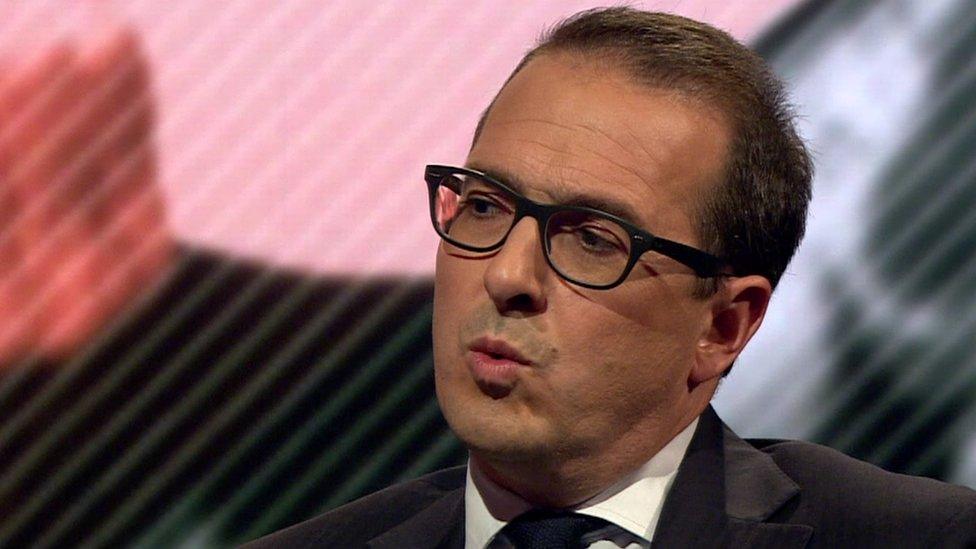
- Published30 January 2015
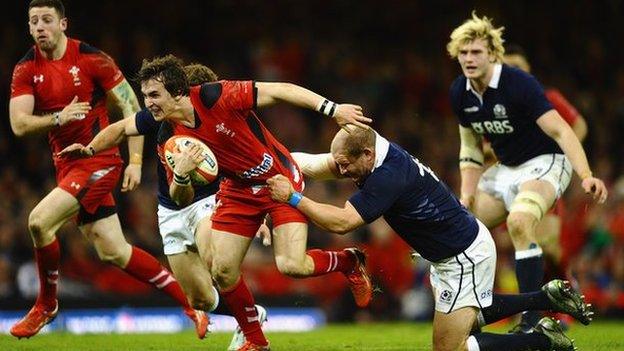
- Published26 November 2014
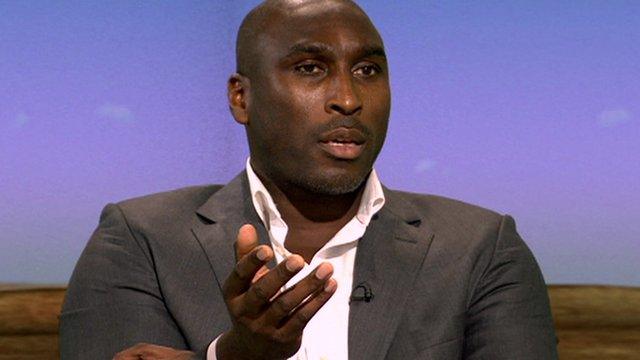
- Published21 December 2011